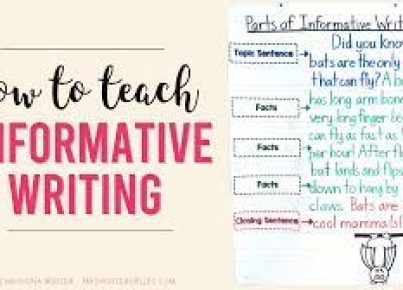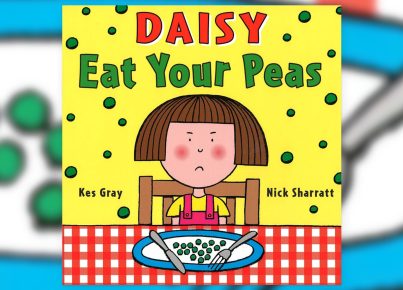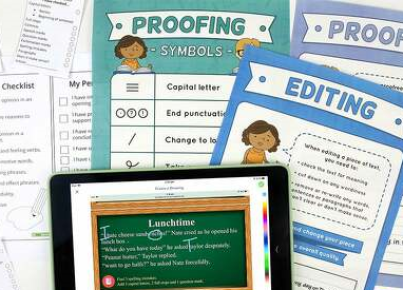Introduction:
Narrative writing is an engaging and versatile form of storytelling that comes with numerous benefits, from improving creativity to enhancing your communication skills. Whether you’re a student looking to improve your narrative writing or a teacher aiming to guide students through the process, this article provides a one-week guide to mastering narrative writing.
Day 1: Understanding Narrative Writing
The first step in mastering narrative writing is understanding its core principles and elements. Spend the day researching the essentials of narrative writing, such as character development, setting, plot, dialogue, and point of view. Familiarize yourself with examples of great narratives from novels, short stories, poetry, movies, or even video games. Keep notes on what makes these narratives engaging and well-structured.
Day 2: Ideation and Outlining
Once you have a grasp on the elements of narrative writing, dedicate time to brainstorming ideas for your story. Create a pool of ideas by drawing inspiration from real-life experiences or imaginary worlds. Select one idea and craft an outline of your narrative by identifying major events and characters. This outline will provide direction for your story’s journey.
Day 3: Writing the Rough Draft
With your outline in hand, now is the time to embark on writing your rough draft. Allow yourself to be immersed in the world you’ve created while maintaining a focus on consistency within the narrative’s structure. Pen down the scenes and interactions among characters without worrying too much about grammar or polishing your sentences; you’ll have time for revisions later.
Day 4: Reviewing Your Work
Allocate day four for reviewing your rough draft and taking note of areas that need improvement. Focus on analyzing your plot for logical consistency, pacing issues, and continuity errors. Revisit your characters’ development throughout the story to ensure they remain consistent with their goals and motivations.
Day 5: Editing and Revising
Revise your draft based on the notes you made during your review. Now is the perfect time to hone your language and fix any grammar or punctuation issues. Consider sharing your draft with a friend or classmate to gain further insights and suggestions that can help make your narrative stronger.
Day 6: Finalizing Your Narrative
After incorporating feedback, take another look at your story to ensure it flows smoothly and effectively conveys emotions and actions. As you finalize your narrative, pay close attention to sentence structures and word choices that may need fine-tuning for clarity and impact.
Day 7: Reflection and Future Goals
With your completed narrative in hand, spend the final day reflecting on the progress you’ve made throughout this one-week journey. Identify areas of strength and make a note of skills you still wish to develop, setting goals for future writing endeavors.
Conclusion:
Mastering narrative writing in just one week may seem like a daunting task, but breaking it down into smaller steps makes it achievable for both students and teachers. Studying narrative elements, ideation, drafting, reviewing, revising, and reflecting on the process are instrumental in sculpting an engaging story. With diligence and persistence, you’ll be well on your way to becoming a skilled narrative writer




